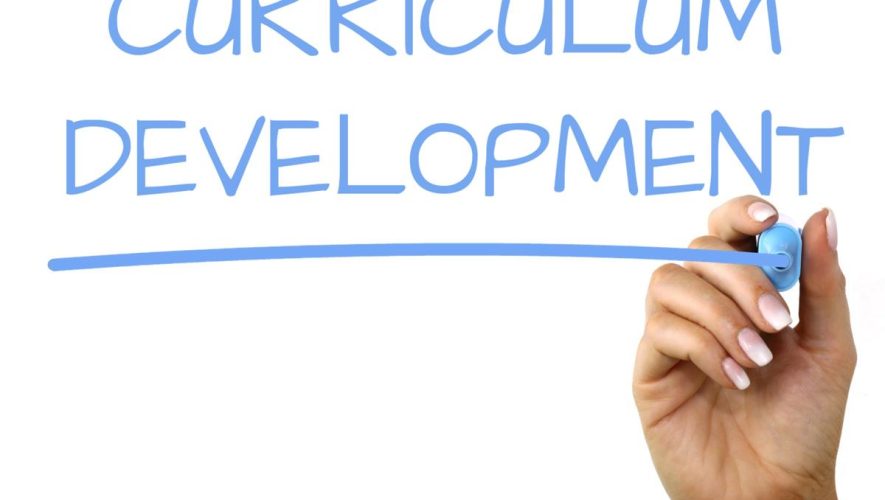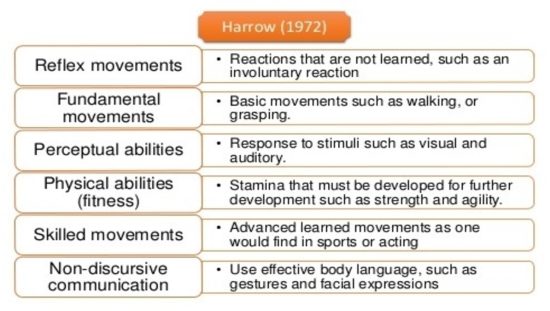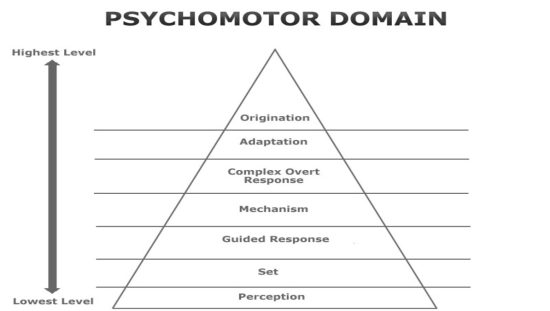Curriculum development is influenced by a multitude of factors. Factors affecting curriculum development include philosophical, psychological, societal or social, political, economical, educational, technological and gender factors etc. A brief description of these factors affecting curriculum development is as under;
Philosophical Factors affecting Curriculum Development
Based upon fundamental beliefs that arise from one’s philosophy of Education, curricular decisions involve consideration of several topics and issues. Precisely for this reason, we consider philosophy one of the major foundation areas in curriculum.
Studying philosophy helps us deal with our own personal systems of beliefs and values the way we perceive the world around us and how we define what is important to us. Hence, a study of the philosophy of education in terms of curriculum development is essential. In essence, educational philosophies influence, and to a large extent determine, our educational decisions and alternatives. Those who are responsible for curricular decisions, therefore, should be clear about what they believe. If we are unclear or confused about our own beliefs, then our curricular plans are bound to be unclear and confusing.
Psychological Factors
The purpose of psychology is to study human behavior. Psychology contributes to curriculum planning by providing teachers with information concerning the nature of students, the nature of the process involved in learning, the motivation, personality and individual differences of students, the value of teaching methods and teaching effectiveness.
Social or Societal Factors affecting Curriculum Development
The purpose of sociology is the analysis of organized human relationship. Its major contribution to curriculum has been the making of decisions about the content of the curriculum and its main focus has been the understanding of the direction of social change and the socialization of the individual. Its method of working involves providing extensive information about the social background of students, promoting a realistic evaluation of the role of the teacher and school in social change. It increases teacher’s flexibility, tolerance and awareness of methods of inquiry. It keeps in mind that primary school curriculum differs from secondary school curriculum. The needs of society play an important role in development of the curriculum, e.g. it should be emphasis on a technical based curriculum for the development of an industrialized society.
Political Factors
Politics has a certain impact on all spheres of life, and instability of politics leads to instability in everyday life. It usually defines goals and content; political considerations need to be admitted while curriculum development; and political decisions may change the requirements for curriculum development.
Governments need to promote nationalism, patriotism and ideologies. Therefore have polices according to which they send out directives. The directives state the medium of instruction, the nature of the syllabus and the kind of textbook, etc.
Economical Factors
As compared to the elite schools where this is hardly a problem, schools belonging to the lower social strata cannot entertain the possibility of using modern equipment, e.g. the computer, due to financial constraints. This also leads to losing good teachers and other personnel to places offering better remuneration.
Educational Factors
In order to bring about effective learning modern and efficient methods of education should be used and for this we need trained and skilled teachers. We also need to keep co-curricular activities like sports, drama, debates, excursions, etc. as an integral part of the curriculum.
Technological Factors
The influence of technological progress is observed in each sphere of life, and when the time for curriculum development comes, the technological point plays an important role.
Curriculum developers cannot ignore this technological progress and the influence it presents. Technological innovations may be applied to curriculum development in several ways “as a plan for the systematic use of various devices and media” and as the issue that “is found in models and procedures for the construction or development and evaluation of curriculum materials and instructional systems” (Print, 1993, p.55).
Gender Factors
The needs of each gender are also kept in mind for the development of curriculum. Although this is the age where women have gone into professions which were previously considered the domain of male gender and women are asking for equal rights, yet option should be left open, e.g. home economics for girls and technical education for boys, though these should not be strictly the domains of females or males respectively. In advanced countries where women enjoy a greater degree of freedom, a variety of educational institutions exist that separately cater the male and female curriculum needs.
OTHER RELATED POSTS




Thanks for this interesting post. I will be sure to get the word out about this site ? Excellent post. Cant wait to see the next blog post.
Thanks for another wonderful post. Where else can anyone get that kind of information in such a perfect way of writing? I have a presentation next week and I am looking for that information.
Thanks for this vital information
Thanks for the post and continue to be with us, the post has help me to understand what I don’t understand.
Thanks for the post. It has really helped me to acquire skills and knowledge.
I appreciate a lot for the website to enable me as a learner to acquire skills.
I would like to appreciate vital information that I have got from here, so I look forward another post!
It’s helpful
Thank you 💕
It’s helpful thank you
The materials are very rich and understandable
Very informative